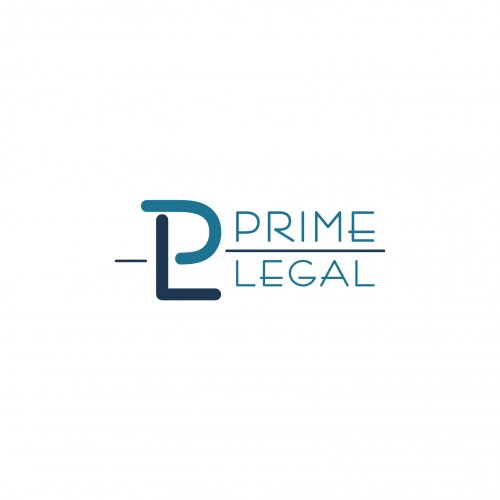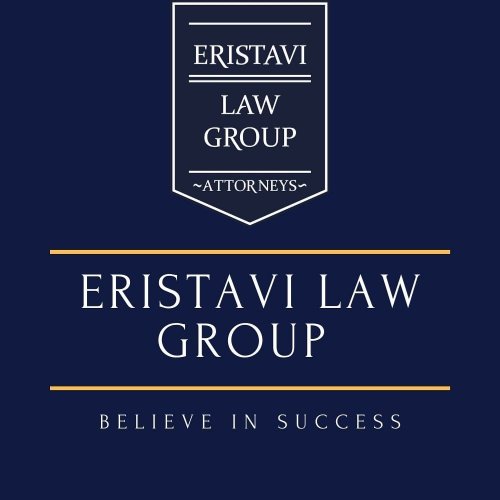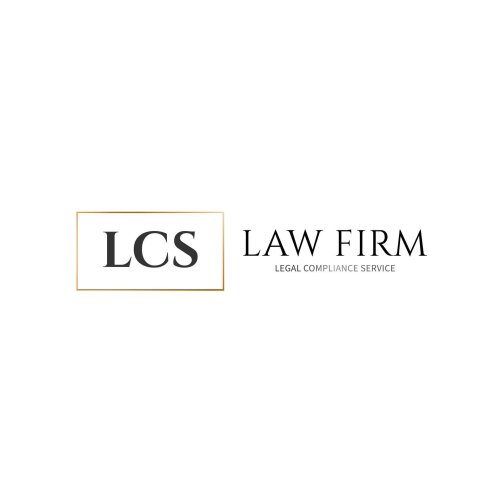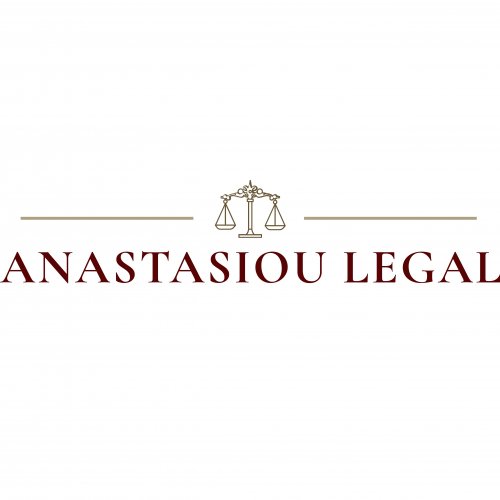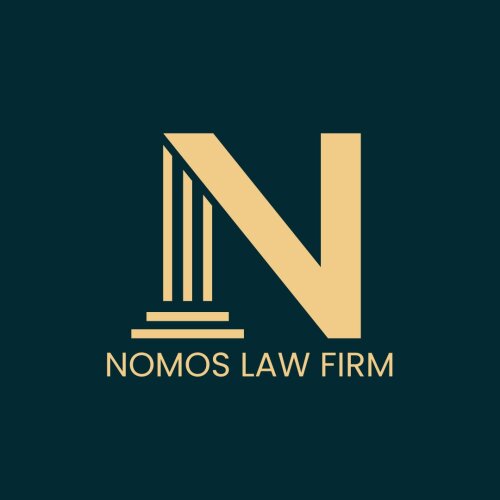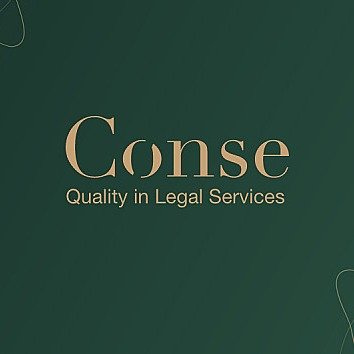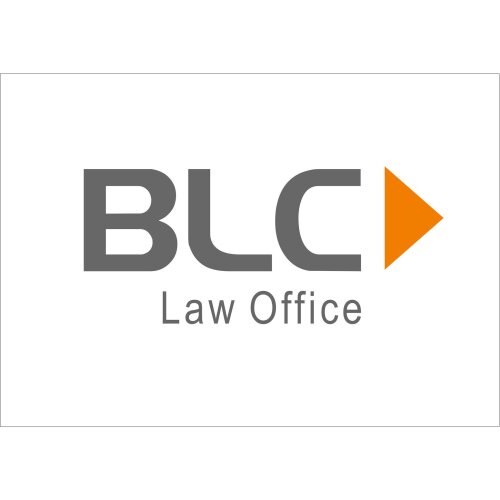Best Restructuring & Insolvency Lawyers in Tbilisi
Share your needs with us, get contacted by law firms.
Free. Takes 2 min.
List of the best lawyers in Tbilisi, Georgia
About Restructuring & Insolvency Law in Tbilisi, Georgia
Restructuring and insolvency law in Tbilisi, Georgia deals with the processes and legal frameworks that come into play when businesses or individuals cannot meet their financial obligations. The goal of these laws is to provide structured solutions, either by enabling the rehabilitation or restructuring of a financially distressed entity or by setting out an orderly process for liquidation and distribution of assets among creditors. In recent years, Georgia has taken significant steps to modernize its insolvency legislation to align with international standards and offer more effective remedies to debtors and creditors alike.
Why You May Need a Lawyer
A lawyer specializing in restructuring and insolvency can provide essential guidance throughout complex financial distress situations. Common scenarios where legal assistance is recommended include:
- Facing personal or business bankruptcy
- Negotiating debt restructuring agreements with creditors
- Managing insolvency proceedings as a creditor or debtor
- Advising on directors’ duties during financial difficulties
- Challenging or defending avoidance actions and claims in court
- Conducting due diligence before acquiring an insolvent business
- Advising on cross-border insolvency issues
Legal support ensures that your rights are protected, compliance with procedures is maintained, and the best possible outcome is pursued, considering both local laws and international standards.
Local Laws Overview
The core legislation regulating restructuring and insolvency in Georgia is the Law of Georgia on Rehabilitation and Collective Satisfaction of Creditors’ Claims, sometimes referred to as the Georgian Insolvency Law. Some key aspects include:
- Insolvency Procedures: There are two primary procedures - rehabilitation (aiming to restore solvency and preserve the business) and bankruptcy (liquidation of assets).
- Initiation: Both debtors and creditors can initiate insolvency proceedings by filing a petition with the Tbilisi City Court.
- Moratorium: Upon the commencement of insolvency proceedings, an automatic moratorium prevents creditors from pursuing claims outside the collective procedure.
- Appointment of an Insolvency Practitioner: A court-appointed trustee or administrator manages the process and reports to the court and creditors.
- Creditor Rights: Creditors are required to submit claims within specified deadlines to be considered in the distribution of assets.
- Director Responsibilities: Company directors have specific duties to act in the best interests of creditors when insolvency is imminent.
- Restructuring Plans: Debtors may propose a restructuring plan, which must be approved by a majority of creditors and confirmed by the court.
- Cross-border Cases: The law allows for recognition of foreign insolvency proceedings in line with international practice.
It is important to note that the process is judicial, with the Tbilisi City Court as the primary authority for insolvency matters.
Frequently Asked Questions
What is the difference between restructuring and insolvency in Georgia?
Restructuring refers to legal processes designed to rehabilitate a financially distressed business and enable it to operate viably. Insolvency usually means that a business or individual cannot pay their debts as they come due, potentially resulting in bankruptcy or liquidation.
Who can initiate insolvency proceedings in Tbilisi, Georgia?
Both creditors and debtors can file a petition to start insolvency proceedings at the Tbilisi City Court.
What is the role of a court-appointed trustee in insolvency cases?
A trustee, also known as an insolvency practitioner, is appointed by the court to administer the estate, evaluate claims, manage assets, and oversee distributions to creditors.
Are directors personally liable for company debts in insolvency?
Directors can sometimes be held personally liable if they fail to act in the best interests of creditors or if they engage in fraudulent or wrongful trading once insolvency threatens their business.
How long do insolvency proceedings usually last in Tbilisi?
The length of proceedings varies depending on the complexity of the case and the chosen procedure but can range from several months to over a year.
Can an individual declare bankruptcy in Georgia?
Yes, insolvency laws in Georgia apply to both companies and individuals who are unable to meet their financial obligations.
What happens to my assets during bankruptcy?
In bankruptcy, a liquidation process is initiated where the debtor’s non-exempt assets are sold and the proceeds distributed among creditors according to the statutory order of priority.
Is it possible to restructure debts without going to court?
Voluntary out-of-court settlements are possible if creditors and debtors agree, but formal restructuring under the law must be approved by the court to have legal force.
How are creditors notified of insolvency proceedings?
Creditors are informed by the court and required to file their claims in writing within a set deadline, usually published in the public registry or sent directly.
Are foreign creditors treated differently in Georgian insolvency proceedings?
Generally, foreign creditors have the same rights and protections as local creditors, but recognition of foreign proceedings or claims may require legal verification and compliance with international agreements.
Additional Resources
If you seek further information or support regarding restructuring and insolvency in Tbilisi, the following resources are helpful:
- National Bureau of Enforcement (NBE): Oversees enforcement of court decisions and liquidations.
- Tbilisi City Court: The primary body handling insolvency matters.
- Georgian Bar Association: Find qualified insolvency and restructuring lawyers.
- Ministry of Justice of Georgia: Publishes updates on legislation and legal guidance.
- Business Ombudsman of Georgia: Advice and support for businesses in distress.
- Georgian Chamber of Commerce and Industry: Guidance for companies facing financial restructuring.
Next Steps
If you believe you may require assistance with restructuring or insolvency in Tbilisi, it is advisable to:
- Gather all relevant financial information and documents related to your business or personal finances.
- List any outstanding debts, creditor information, and assets in detail.
- Consult a qualified legal advisor specializing in restructuring and insolvency to discuss your options and receive personalized advice.
- Consider both out-of-court and formal legal procedures after reviewing the possible consequences for your financial future.
- Stay proactive and transparent throughout the process to protect your interests and comply with local laws.
Early legal intervention often results in more options and a better outcome. If you are unsure about your situation, schedule a consultation with an experienced lawyer who can assess your circumstances and recommend the most effective path forward.
Lawzana helps you find the best lawyers and law firms in Tbilisi through a curated and pre-screened list of qualified legal professionals. Our platform offers rankings and detailed profiles of attorneys and law firms, allowing you to compare based on practice areas, including Restructuring & Insolvency, experience, and client feedback.
Each profile includes a description of the firm's areas of practice, client reviews, team members and partners, year of establishment, spoken languages, office locations, contact information, social media presence, and any published articles or resources. Most firms on our platform speak English and are experienced in both local and international legal matters.
Get a quote from top-rated law firms in Tbilisi, Georgia — quickly, securely, and without unnecessary hassle.
Disclaimer:
The information provided on this page is for general informational purposes only and does not constitute legal advice. While we strive to ensure the accuracy and relevance of the content, legal information may change over time, and interpretations of the law can vary. You should always consult with a qualified legal professional for advice specific to your situation.
We disclaim all liability for actions taken or not taken based on the content of this page. If you believe any information is incorrect or outdated, please contact us, and we will review and update it where appropriate.



